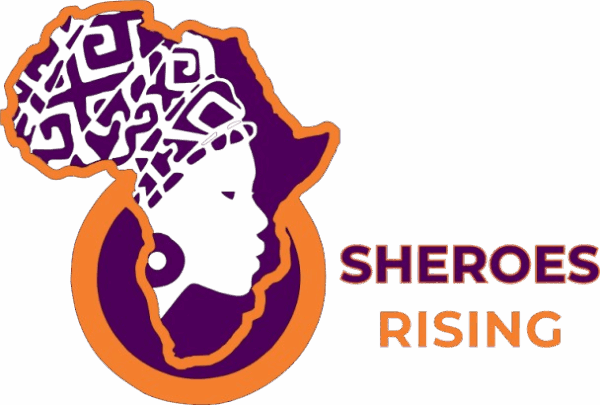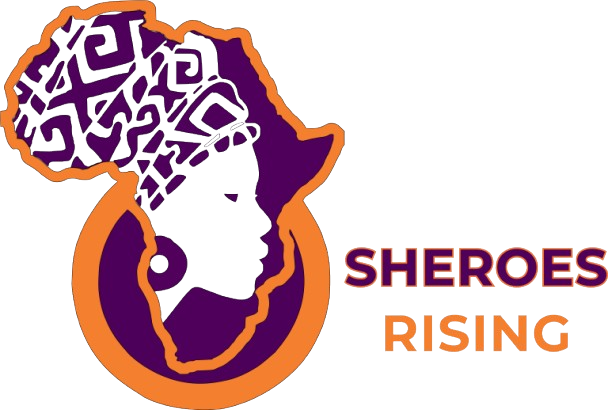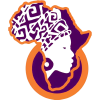On September 15 each year is the International Day of Democracy. It is used as a day to reflect on one of humanity’s most powerful aspirations: the right of people everywhere to shape their own future.
Democracy is not perfect, it is noisy, fragile, and often contested. Yet, across centuries, it has proven to be the system that best protects dignity, freedom, and equality.
In today’s world, however, democracy is facing profound tests. From shrinking civic spaces to digital manipulation, authoritarian backsliding, to growing economic inequality; the global democratic project stands at a crossroads.
The day is not just about celebration but also about confronting hard truths: Are citizens truly empowered? Whose voices are heard, and whose are silenced? Most importantly. how do we protect the rights of women and marginalised groups who still fight for inclusion?
The Promise of Democracy
At its heart; democracy is about voice and power. It affirms that governments derive legitimacy from the consent of the governed. It is the system that ensures leaders remain accountable, that laws reflect collective will, and that citizens have the space to express themselves freely without fear.
For many countries in Africa and beyond, the democratic journey has been long and turbulent. Transitions from colonial rule, military regimes, or authoritarian leaderships were not smooth; yet each step toward popular participation has opened new possibilities.
Nigeria, for example, returned to democracy in 1999 after years of military rule. And despite its challenges, the people’s ability to vote, protest, and demand change remains one of the greatest markers of progress.
However, democracy is not a destination; it is a constant work in progress.
Rights Under Pressure
One of the clearest measures of democracy’s health is how well it protects fundamental rights: freedom of expression, freedom of association, and the right to participate in governance. Across the world, these rights are under strain.
Civil society groups warn of shrinking civic spaces, where governments use laws, intimidation, or even violence to suppress dissent. Independent journalists face harassment, activists are jailed, and peaceful protests are often met with force.
In this digital age, misinformation has become another weapon. Social media platforms, once hailed as tools for democratic empowerment, are now battlegrounds of manipulation with fake news, hate speech, and disinformation campaigns eroding trust in institutions.
Yet despite these pressures, citizens continue to demand accountability. Across Africa, youth-led movements from #EndSARS in Nigeria to pro-democracy protests in Sudan demonstrate that people will not easily surrender their rights, even when the costs are high.
The Gender Gap in Democracy
Democracy, if it is to be meaningful, must also be inclusive. But across the globe, women remain underrepresented in decision-making.
In Africa, women make up over 50% of the population, yet their representation in parliaments averages less than 25%. Nigeria fares even worse ranking among the lowest in women’s political participation worldwide. Despite decades of activism, only a handful of women hold legislative or ministerial positions. Structural barriers remain deeply entrenched.
This underrepresentation is not just about numbers, it affects policies, priorities, and outcomes. When women are absent from decision-making, issues like maternal health, childcare, education, and gender-based violence often receive no attention and remain endemic.
As Hafsat Abiola-Costello, a Nigerian democracy activist, once said:
“Democracy without women is not democracy. It is a system built on silence.”
But the story is not all bleak. Across Africa, female voices are rising from parliamentarians in Rwanda, who now make up over 60% of the legislature, to grassroots activists in rural Nigeria pushing for climate justice and local accountability.
These examples show that inclusion is not just possible; it is transformative.
Democracy and Development: An Uneasy Relationship
Critics sometimes argue that democracy slows down development, that it is too messy, too divided, too dependent on consensus. Authoritarian systems, they claim, can make decisions faster.
But history shows a different truth. Democracies, while imperfect, outperform authoritarian systems in the long run because they adapt, self-correct, and empower citizens.
Development is not just about GDP growth; it is about whether or not people live with dignity and freedom.
Consider healthcare: In democratic societies where citizens can speak up, governments face more pressure to provide affordable services.
Consider corruption: Authoritarian states often suppress scrutiny, while democracies at least allow media and civil society to expose abuses.
For women and marginalized groups, democracy is especially crucial. It is the only system that offers a legitimate path to challenge patriarchy and demand equal rights.
Realities on Ground
Still, democracy often falls short of its ideals. Elections are sometimes marred by vote-buying, intimidation, or fraud. Institutions meant to be independent like the judiciary or electoral commissions are vulnerable to political interference.
Citizens, frustrated by unmet promises, often grow disillusioned. In some cases, this leads to apathy. In others, it sparks unrest. Either way, the gap between the promise of democracy and the reality experienced by ordinary people remains wide.
This is where the International Day of Democracy becomes most relevant. It is a call to bridge that gap to turn rhetoric into reform, and reform into lived reality.
The Road Ahead: Building Resilient Democracies
The future of democracy depends on courage, innovation, and inclusivity. Several pathways are emerging:
- Stronger Institutions – Independent judiciaries, electoral bodies, and legislatures must be protected from political capture. Without them, democracy cannot thrive.
- Technology for Transparency – Digital platforms can be harnessed for civic education, real-time election monitoring, and government accountability, rather than misinformation.
- Youth and Women’s Participation – With Africa’s population being the youngest in the world, and women making up half of society, no democracy can be legitimate if these groups remain excluded. Policies like quotas, affirmative action, and leadership training can help bridge the gap.
- Global Solidarity – Democracy is not a local struggle alone. International organizations, NGOs, and democratic nations must support activists and institutions where rights are threatened.
- Civic Education – Democracy flourishes when citizens understand their rights and responsibilities. Investing in civic education empowers people to demand accountability peacefully and effectively.
A People’s Democracy
Ultimately, democracy is not about grand speeches or constitutional texts. It is about people. It is about the young woman in Kano demanding education, the farmer in Benue asking for fair markets, the journalist in Abuja insisting on the right to report freely. It is about every citizen insisting that their voice matters.
The International Day of Democracy is not just a date on the calendar. It is a reminder and a challenge.
A reminder that freedom cannot be taken for granted, and a challenge to leaders and citizens alike to defend it.
As the late Kofi Annan once put it:
“Democracy is not just about one day of voting. It is about building a society where every person, regardless of gender, wealth, or background, can live with dignity.”
The road ahead will not be easy. But if democracy is to mean anything, it must continue to be more inclusive, more accountable, more resilient. Because at its best, democracy is not just a system of government. It is a promise of justice, equality, and hope.
Awwal Sheriff writes from
Abuja, Nigeria









